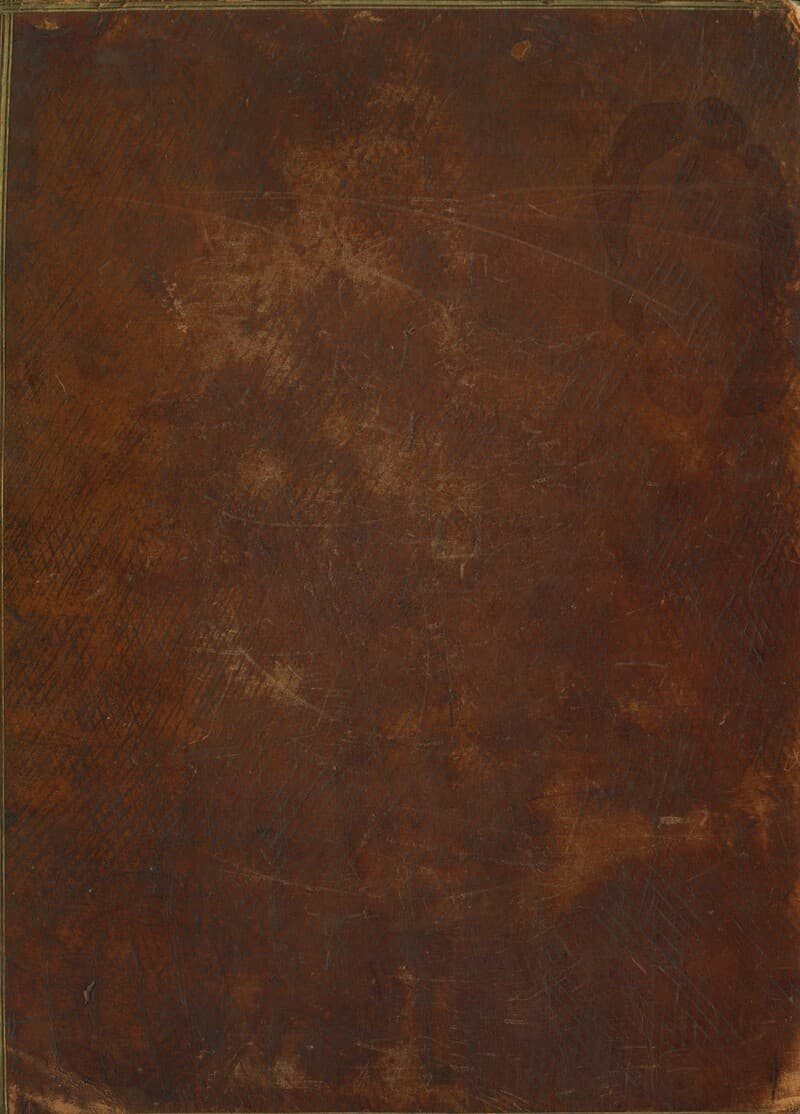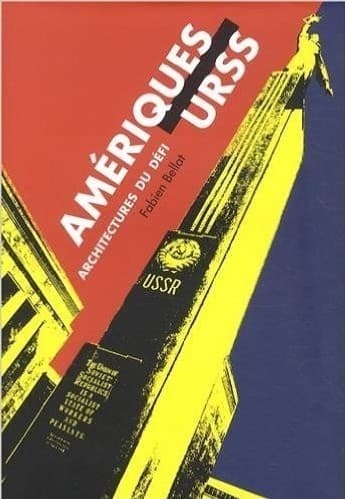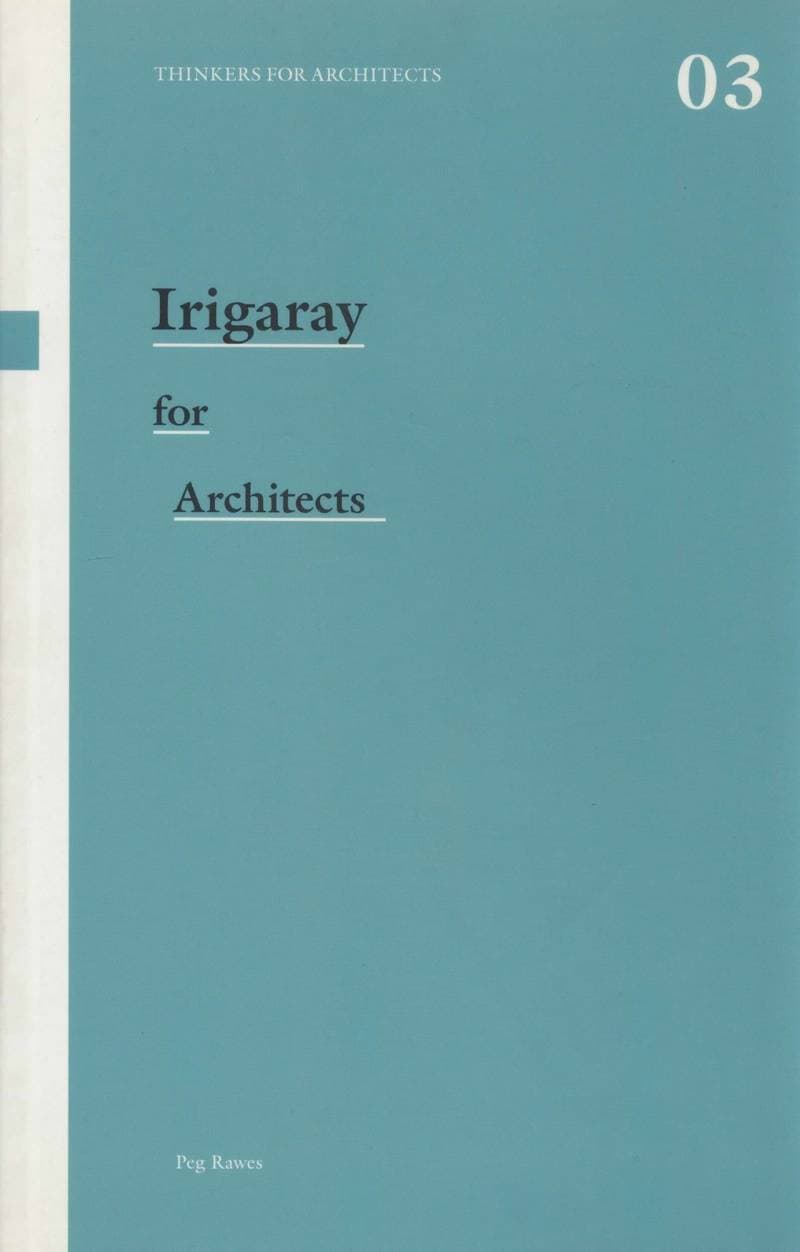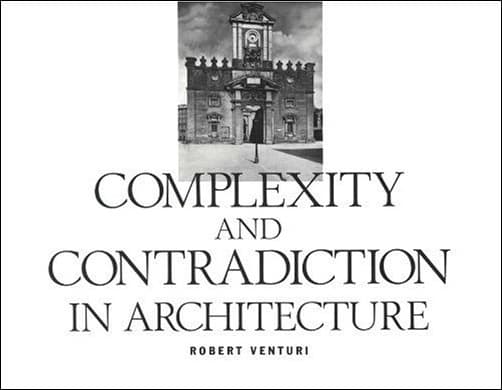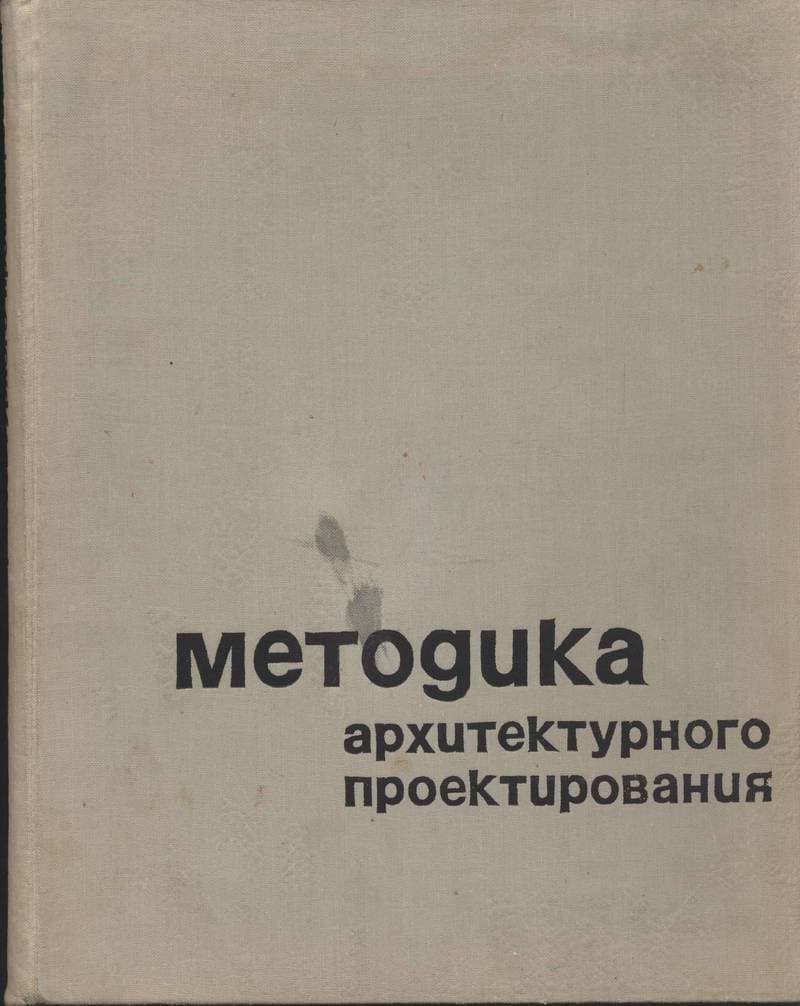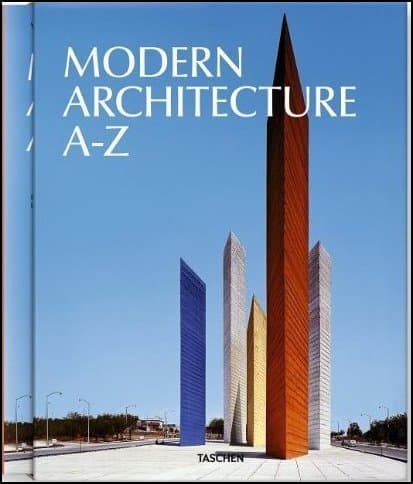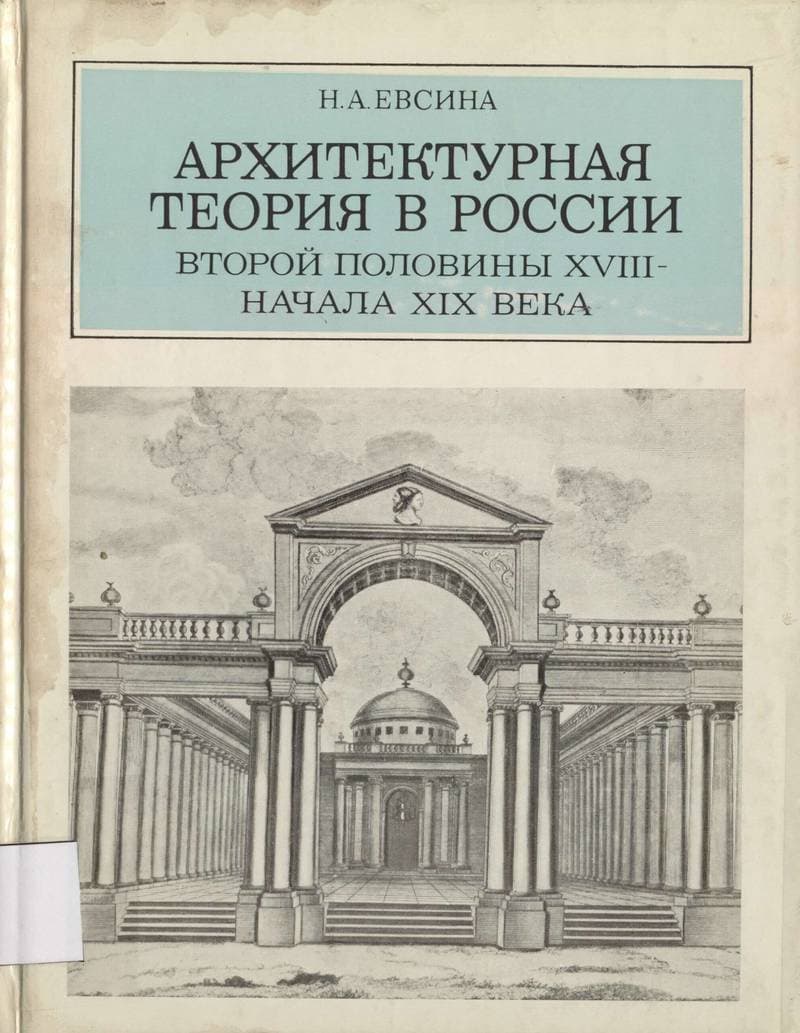Architecture of Great Expositions 1937–1959: Messages of Peace, Images of War
This book investigates architecture as a form of diplomacy in the context of the Second World War at six major European international and national expositions that took place between 1937 and 1959. The volume gives a fascinating account of architecture assuming the role of the carrier of war‑related messages, some of them camouflaged while others quite frank. The famous standoffs between the Stalinist Russia and the Nazi Germany in Paris 1937, or the juxtaposition of the USSR and USA pavilions in Brussels 1958, are examples of very explicit shows of force. The book also discusses some less known — and more subtle — messages, revealed through an examination of several additional pavilions in both Paris and Brussels; of a series of expositions in Moscow; of the Universal Exhibition in Rome that was planned to open in 1942; and of London’s South Bank Exposition of 1951: all of them related, in one way or another, to either an anticipation of the global war or to its horrific aftermaths.
Details
1930s, 1940s, 1950s, Architecture, History of exhibitions, Politics
Devos Rika (Article author, Preface), Paperny Vladimir (Article author, Preface), Ortenberg Alexander (Preface)
Abingdon
2017
256 pages
9781138573352
Available on request
Yes
Yes
720.2 Dev
1
- Архитектура и культура1991
- The Building2016
- Cours d'Architecture qui comprend les ordres de Vignole, avec des commentaires, les figures & les descriptions de ses plus beaux Bâtiments, de ceux de Michelange1750
- Architecture and Utopia: Design and Capitalist Development1979
- Amériques‑URSS: architectures du défi2014
- Irigaray For Architects2007
- Complexity and Contradiction in Architecture2011
- Методика архитектурного проектирования в системе архитектурного образования1969
- Границы архитектуры1971
- Творческие противоречия в новейшей архитектуре Запада1986
- Modern Architecture A‑Z. Volume 2. M‑Z2013
- Архитектурная теория в России второй половины XVIII в. — начала XIX в.1985





